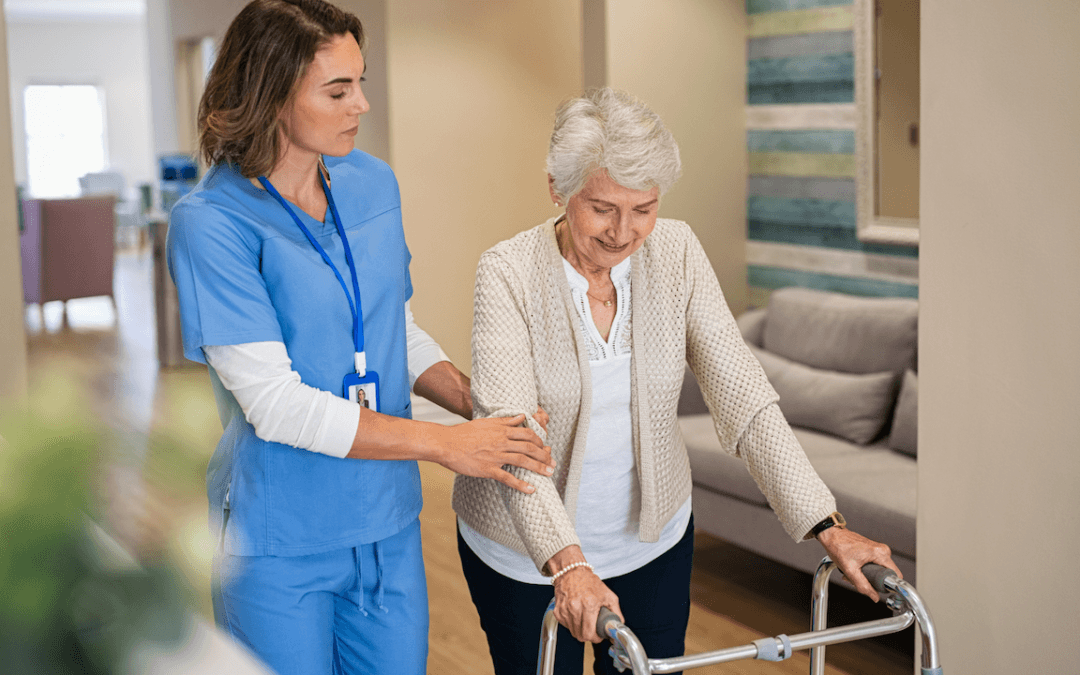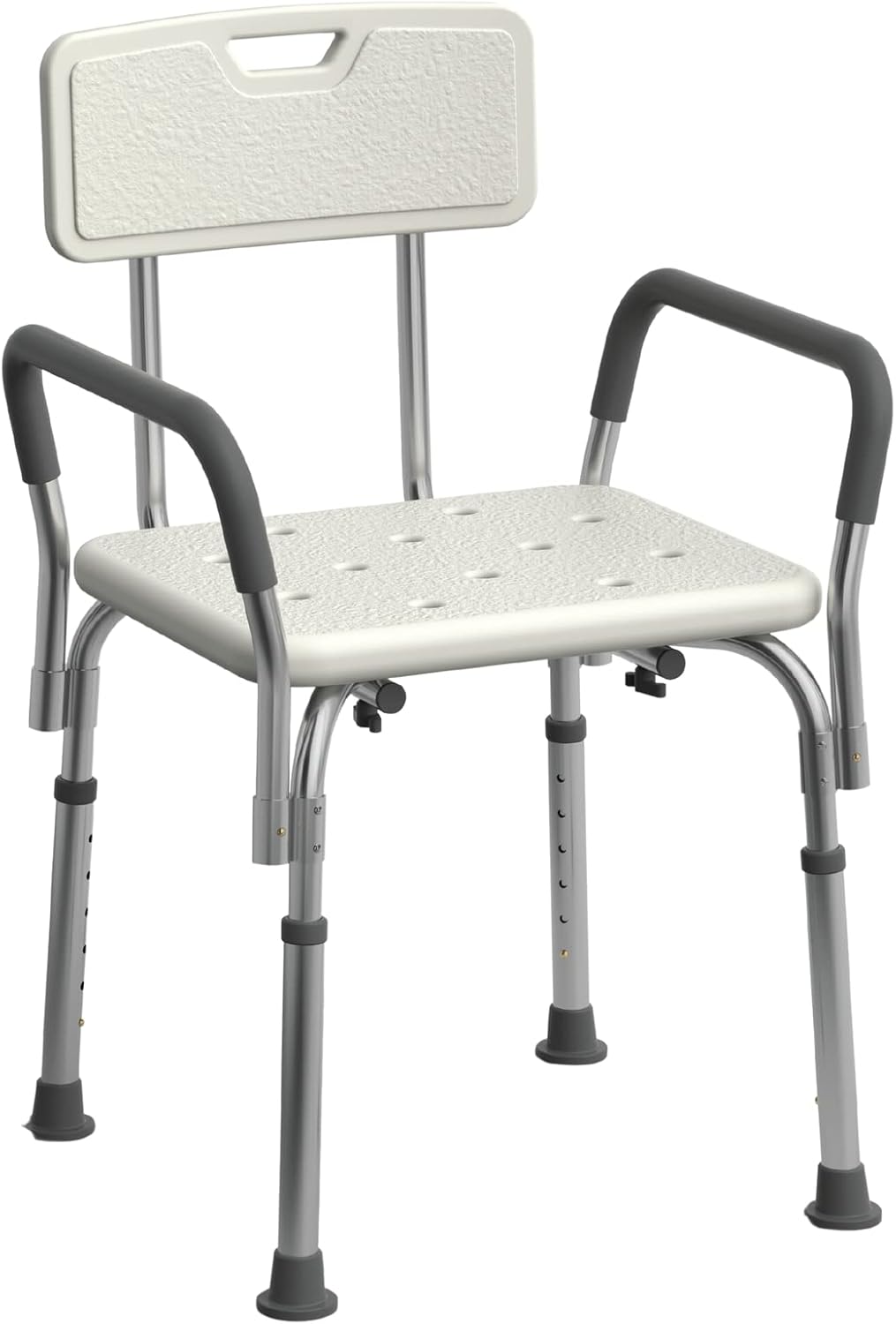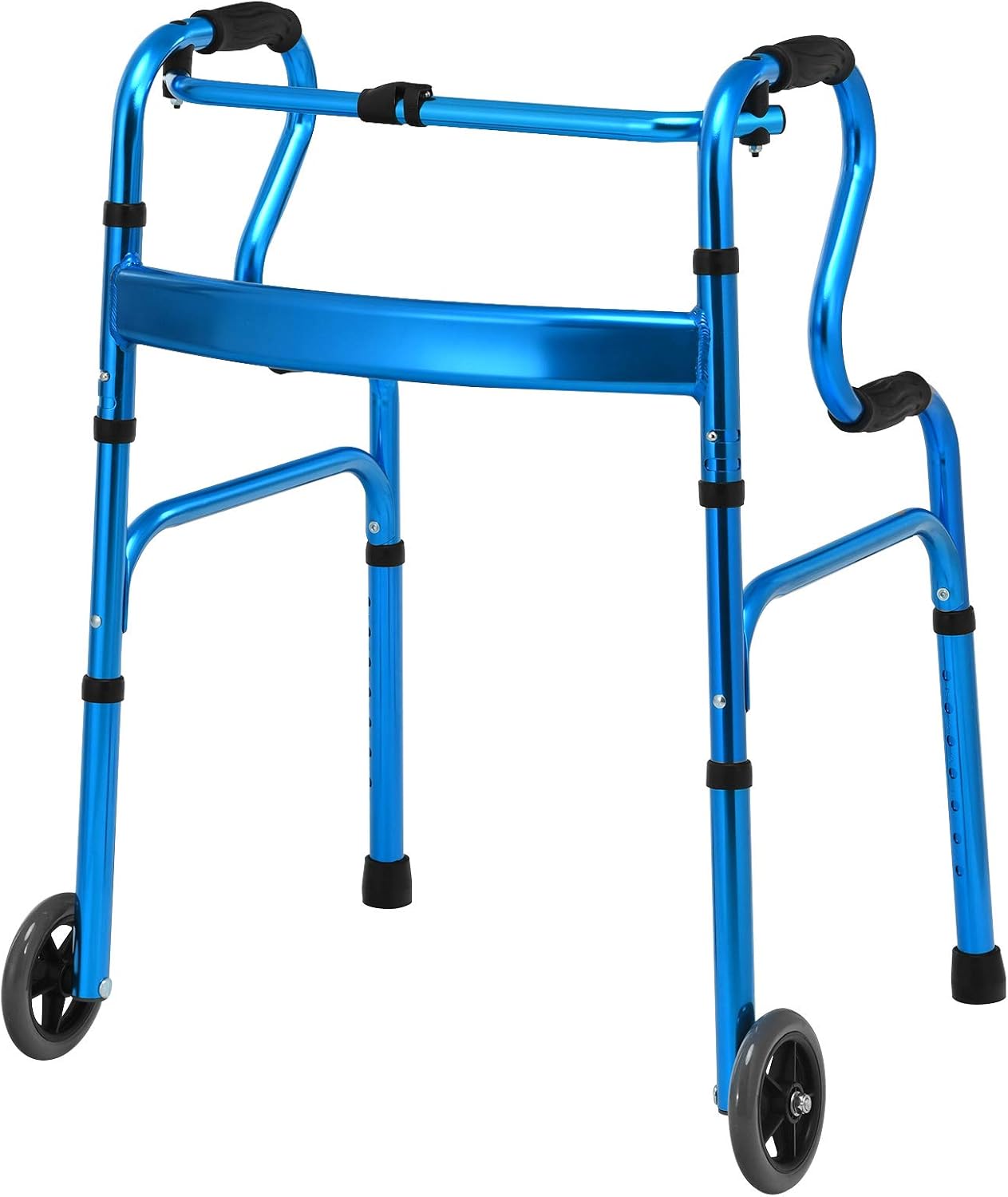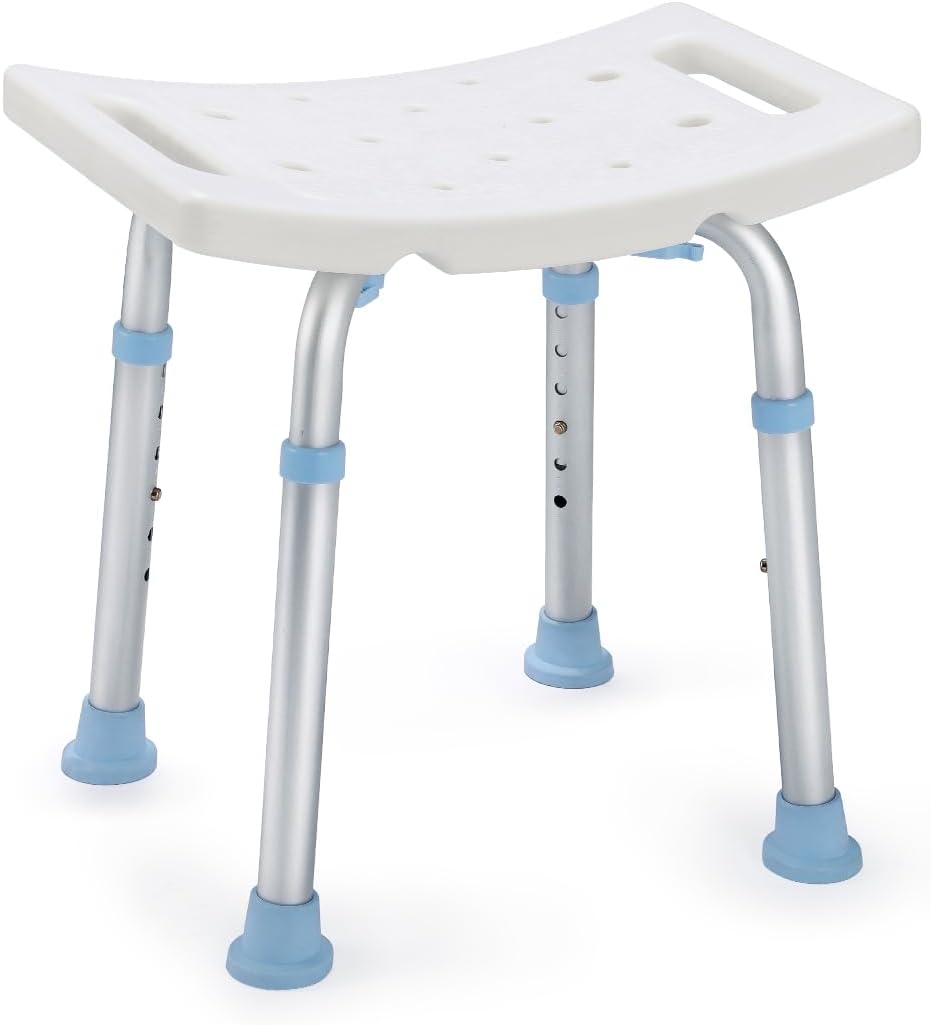Understanding Home Care
Why Home Care is Necessary
There are several compelling reasons why home care is a necessary consideration for seniors:
-
Aging in Place: Most seniors prefer to remain in their homes as they age, surrounded by familiar settings and memories. Home care allows them to do so safely and comfortably.
-
Personalized Care: Home care services are customizable, ensuring that seniors receive the specific assistance they need, rather than a one-size-fits-all solution.
-
Cost-Effective: In many cases, home care can be more affordable than residential care facilities, especially when only part-time assistance is required.
-
Improved Quality of Life: With the right support, seniors can maintain their independence, dignity, and quality of life.
Finding the Ideal Home Care Service
Selecting the right home care service requires careful consideration and research. Here are some steps to guide you:
-
Assess Needs: Start by identifying the specific needs of the senior. This may include medical care, personal assistance, or both.
-
Research Providers: Look for reputable home care agencies or independent caregivers with strong reviews and recommendations.
-
Verify Credentials: Ensure that the caregivers have the necessary qualifications and certifications, particularly for medical-related tasks.
-
Conduct Interviews: Meet with potential caregivers to assess their compatibility with the senior and their understanding of the required care.
-
Check References: Always ask for and follow up on references to ensure the reliability and trustworthiness of the caregiver.
-
Discuss Costs and Insurance: Understand the costs involved and whether they are covered by insurance or other financial assistance programs.
Creating a Comfortable and Safe Home Environment
To enhance the comfort and safety of seniors receiving home care, families can make several adjustments in the home:
-
Install Grab Bars and Handrails: Adding these in bathrooms and along stairways can prevent falls and provide stability. For seniors with mobility issues, these simple installations can significantly reduce the risk of accidents and provide peace of mind for both the individual and their caregivers.
-
Improve Lighting: Ensure adequate lighting throughout the home to minimize the risk of trips and falls, especially in hallways and staircases. Consider using motion-sensor lights in frequently used areas to ensure visibility without the need to fumble for switches.
-
Declutter Living Spaces: Keep walkways clear of clutter and secure rugs to prevent tripping hazards. Encourage organization of frequently used items at an easily accessible level to reduce unnecessary bending or reaching.
-
Use Non-Slip Mats: Place these in the bathroom and kitchen to reduce the risk of slipping on wet surfaces. Regularly check that these mats are in good condition and properly secured to the floor.
-
Consider Smart Home Devices: Install devices like smart doorbells, motion sensors, and voice-activated assistants to enhance security and convenience. These technologies can also help seniors manage daily tasks more easily, from controlling lighting and temperature to reminding them about medication schedules.






